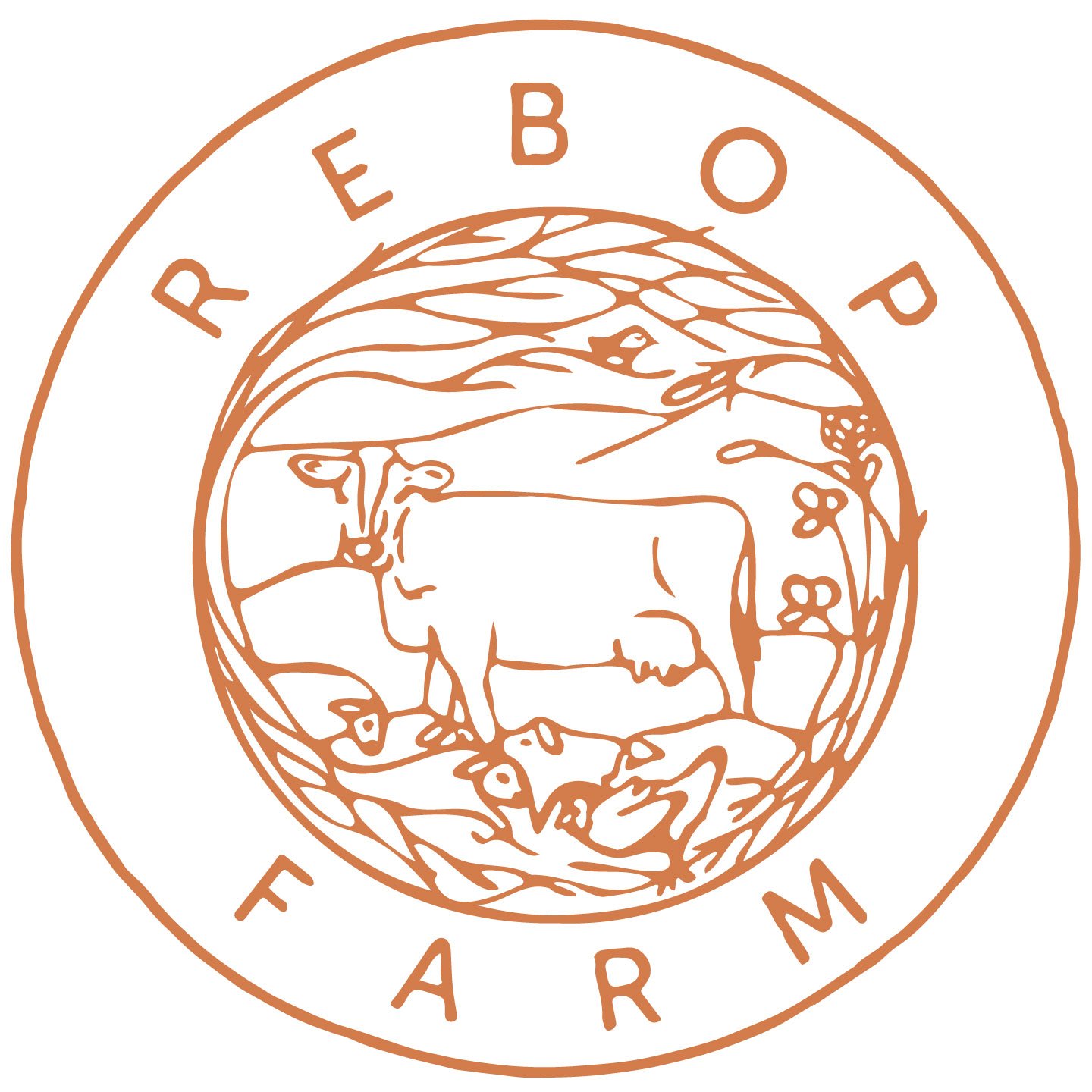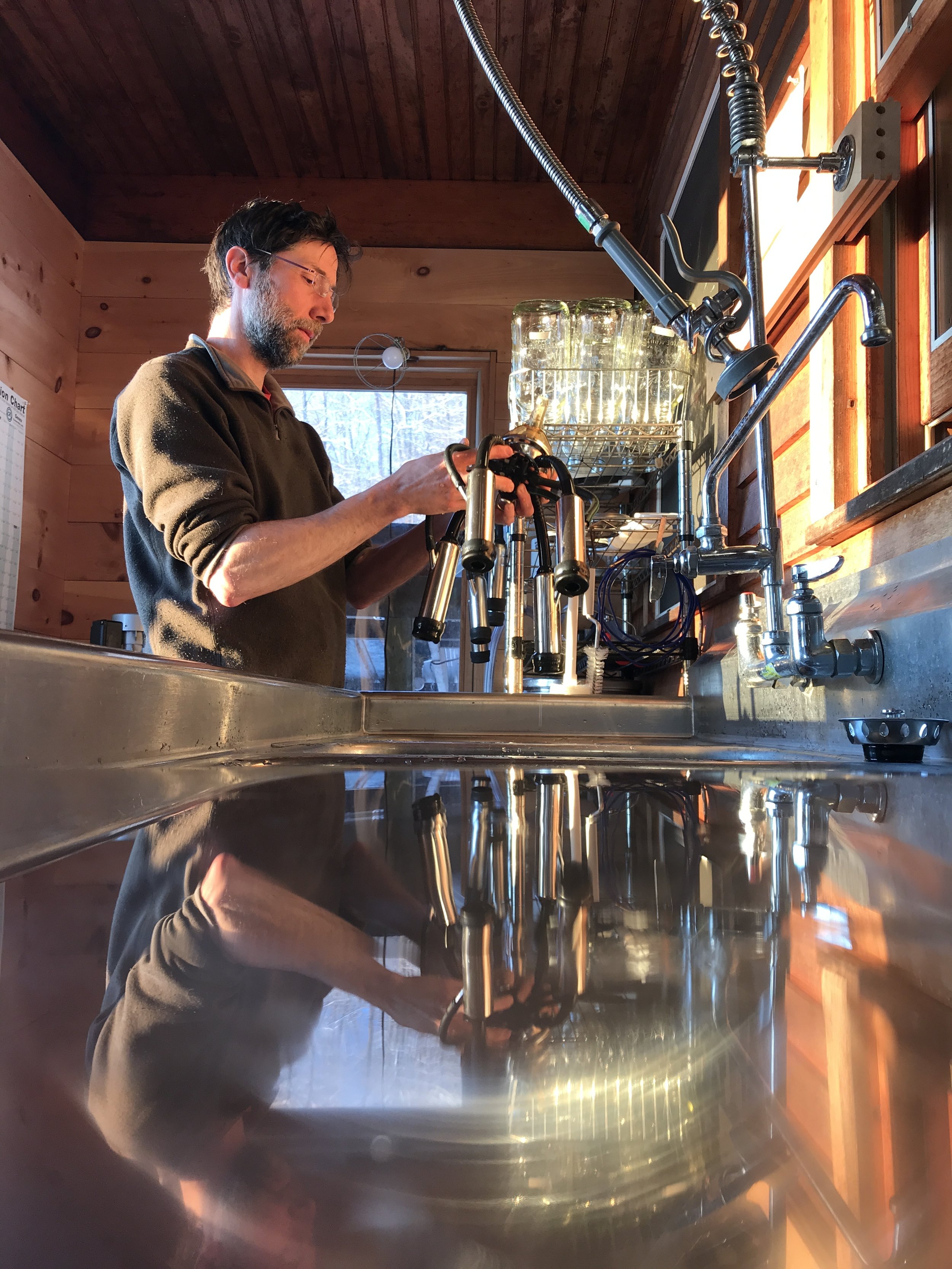Our raw milk is available at our farm store by retail, advance reservation, or monthly CSA subscription. Please email or call ahead to purchase milk at our farm store. We will also have retail milk available at our booth at the Brattleboro Area Farmers Market.
Our raw milk comes from Jersey and Jersey-cross cows fed pasture in-season, hay, free choice minerals, and a small amount of organic grain during milking. Our herd is intensively rotationally grazed, for both their health, and the health of our soils and pastures, and is tested TB, BVD, BLV, Johnes, and Brucellosis free. Milk is sold in reusable half gallon glass jars, to eliminate single-use packaging and waste. Contact us for a tour of our milk house and parlor, or to meet the cows!
Farm Store Retail pricing:
$6/half gallon + $3 jar deposit (by advance reservation only)
$4/quart + $3 jar deposit (first-come first-served)
Monthly Subscription pricing:
$18-$36 sliding scale for a half gallon per week per 4 week period
+ a deposit of $3 per jar
Our FAQ about subscribing to our milk CSA can be found here.
A Guide to Sourcing Raw Milk
You should only consume raw milk if you can confirm that is was milked, handled, chilled, and bottled properly, from healthy cows. Milk from pastured animals (cows that graze in the spring, summer and fall, and are fed primarily hay, haylage, or baleage in the winter) tends to have better flavor and color, and has more health benefits than milk from cows in confinement systems. Cows on a diet of fresh grass produce milk with five times as much of an unsaturated fat called conjugated linoleic acid (CLA) than do cows fed processed grains. Whether you’re buying pasture based dairy or not, there are a few major production areas every consumer should be knowledgeable about if they want to buy raw milk.
Cow/Animal Health: If you are purchasing raw milk directly from a farmer in Vermont, their cows/goats/sheep etc. should be tested for TB and brucellosis, housed in a manner that keeps them (and most importantly, their udders) clean and dry, have access to clean water and food, and provided with enough room for comfortable movement with good footing. Farmers in Vermont are required to offer you a farm tour if you purchase raw milk from them, including a tour of cow housing. Do note that a commercial dairy barn will likely be a surprise if you are not accustomed to commercial animal agriculture. Additional tests that we do on our farm include Johnes, BLV, BVD, and Neospora. We also vaccinate our cows once a year with a rabies, colostridial, and leukosis vaccine. In the summer, our animals our outside on pasture, being moved at least daily, which provides them with an extremely clean environment.
Facility Cleanliness: All dairy equipment should be pre-sanitized before use, rinsed after with lukewarm water, scrubbed in a strongly basic soap, soaked in an acid rinse, and be completely dry between uses. Any dairy farmer worth their salt (including farmers with just one cow or goat!) should be able to describe this process, or explain why they deviate from industry norms.
Milk Chilling: This is one of the most important steps in ensuring that raw milk is safe and healthy to drink and use. Milk must be chilled to under 40˚F within two hours after milking. The native bacteria in milk, even if it is milked into clean equipment, from a clean and healthy cow, starts multiplying in milk the moment it leaves the udder. At two hours above 40˚F, there is an exponential explosion of bacterial growth in milk. Placing freshly collected milk into a half gallon jar directly into the fridge will never properly chill milk. A farmer should be able to explain that milk needs both chilling and agitation to achieve the proper chilling in the correct amount of time, and explain how they arrive at that result. There are many low tech, low cost, ways of achieving proper cooling; it need not be a fancy or expensive bulk tank, though that is the most reliable way of proper milk chilling.



